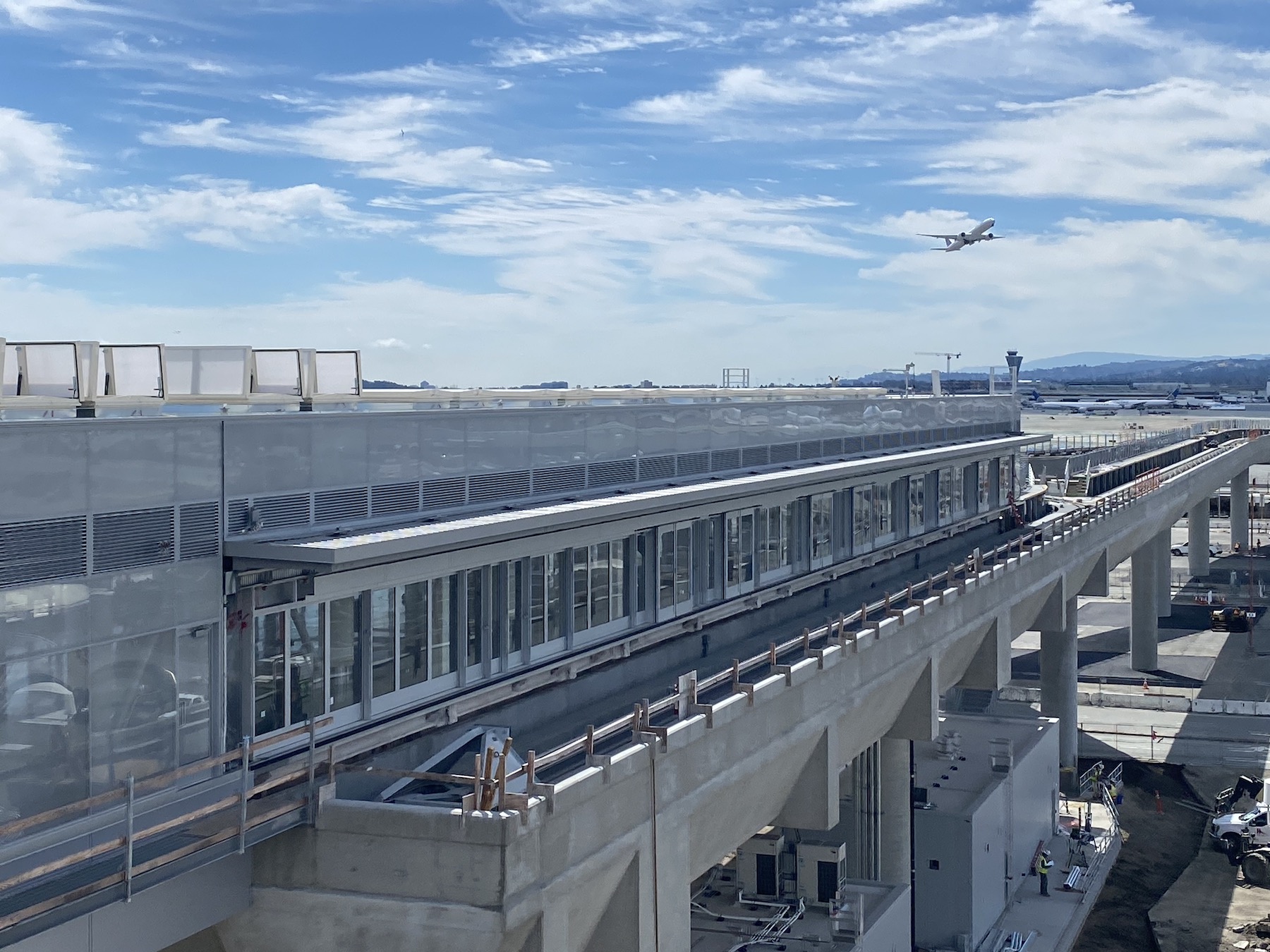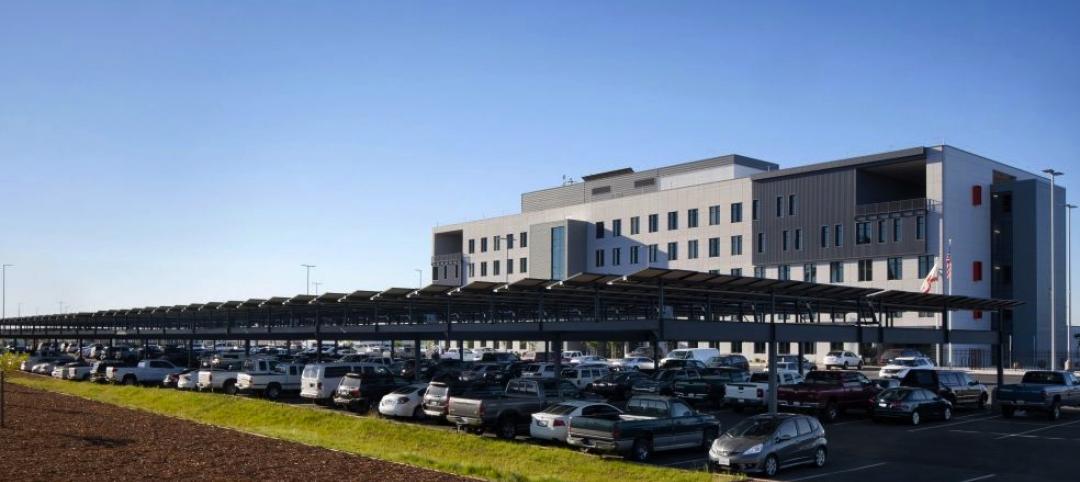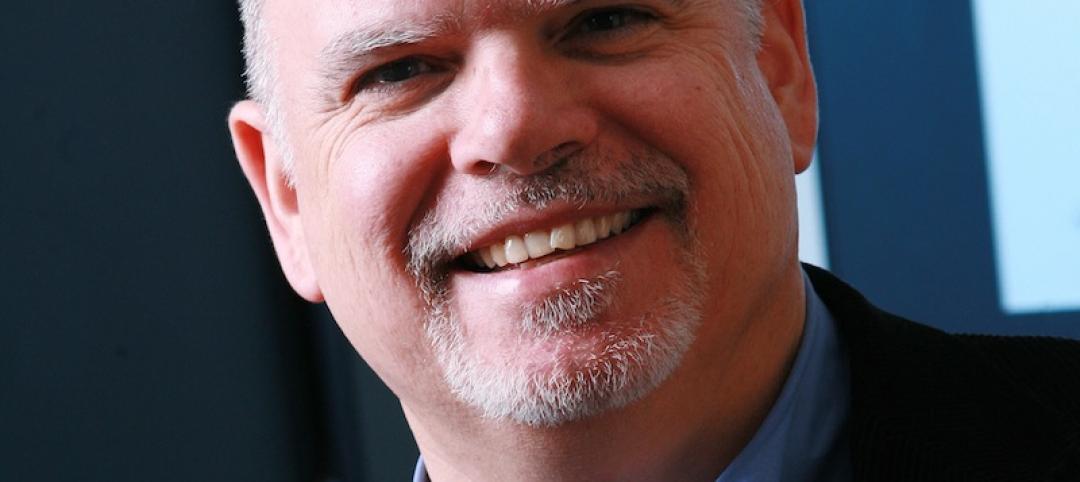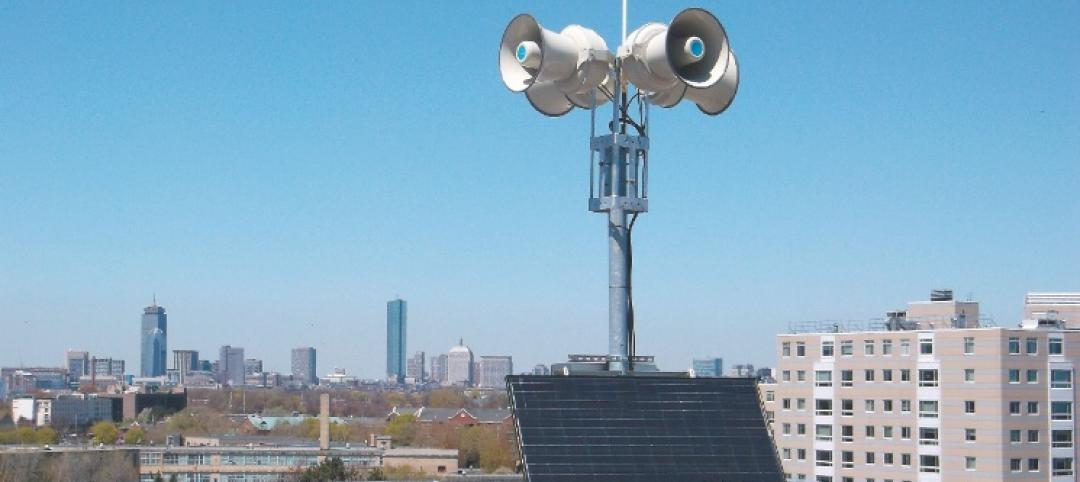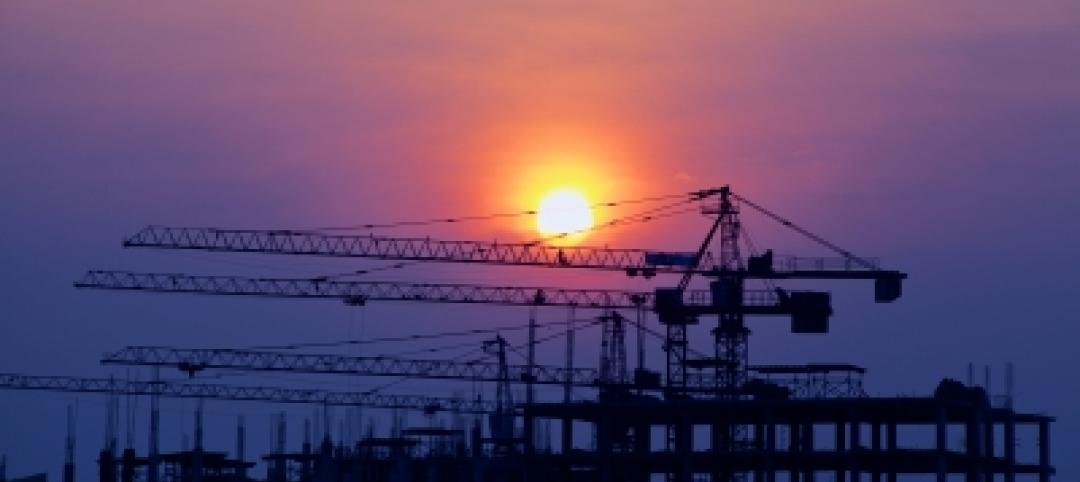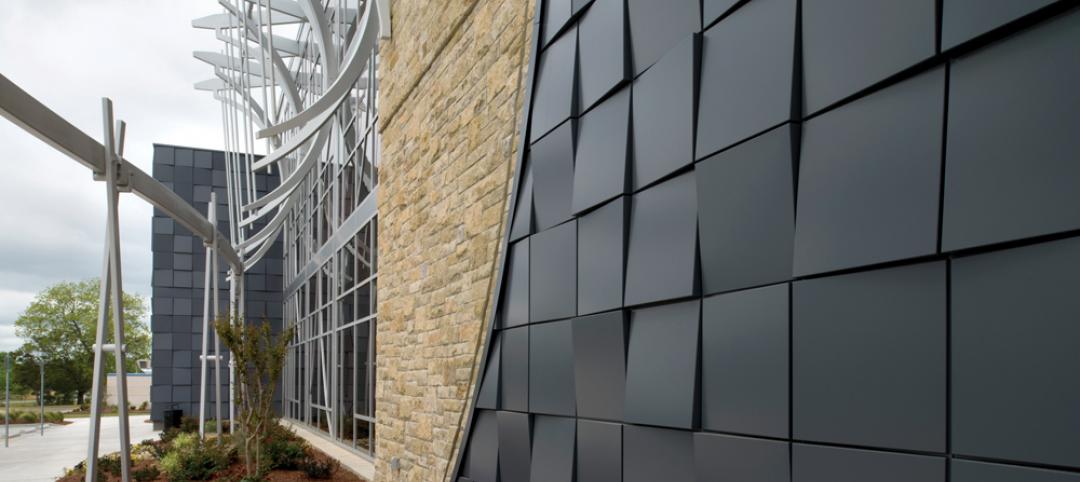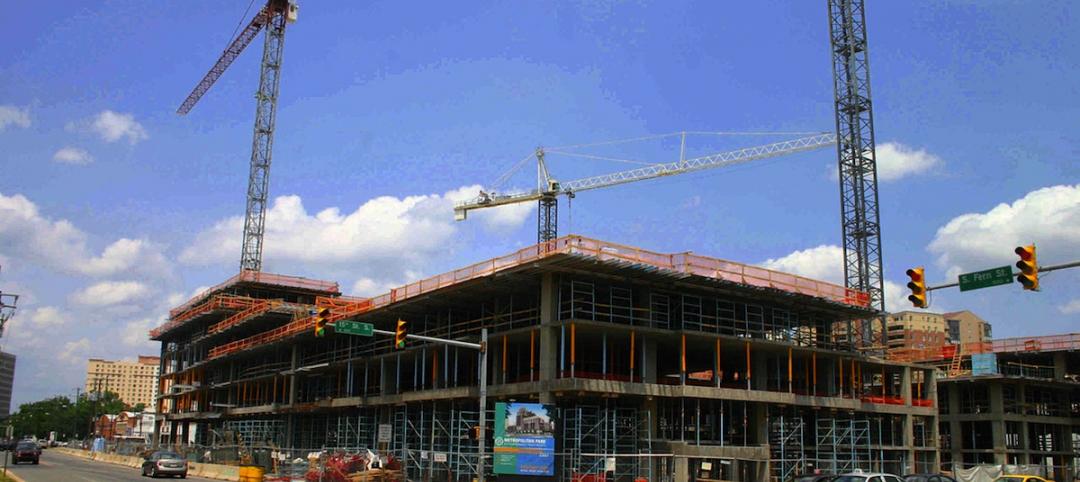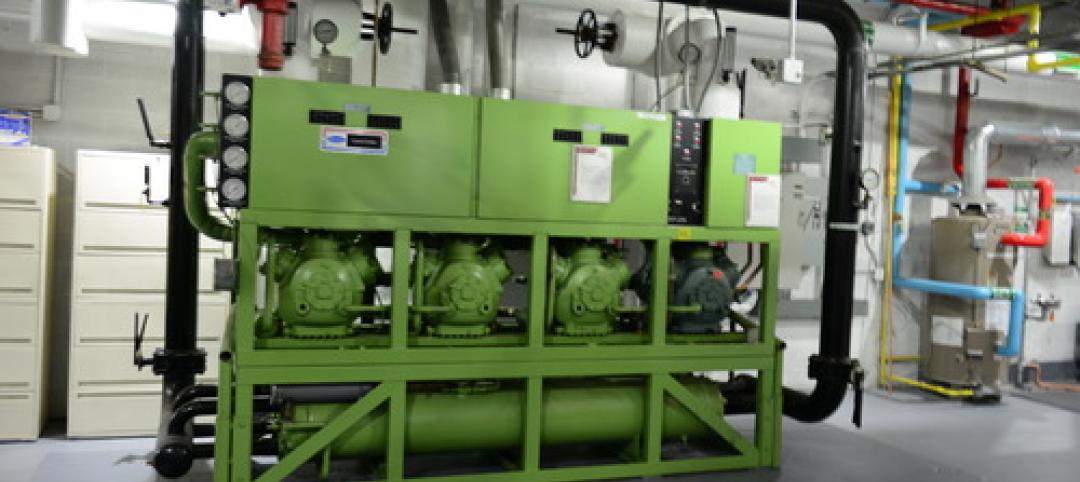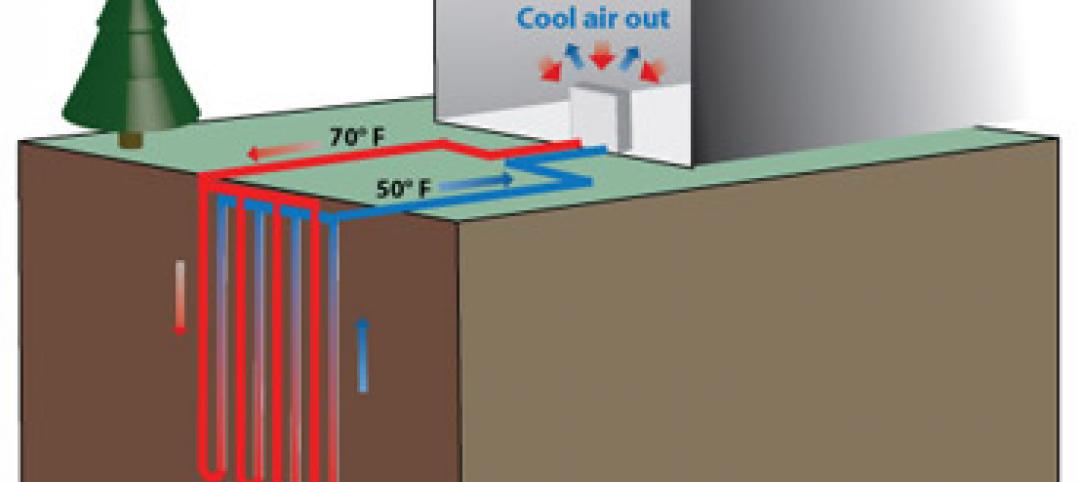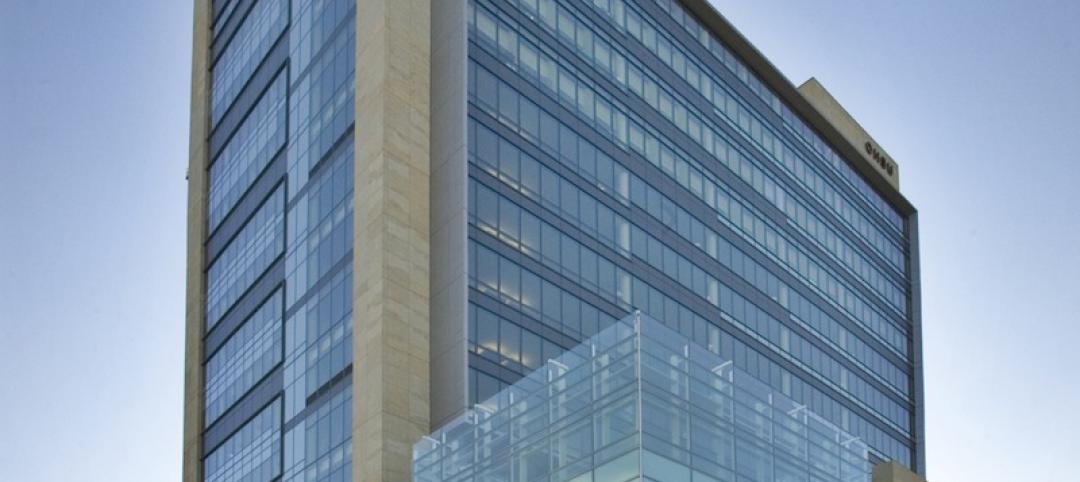In May, the San Francisco International Airport completed the extension of its AirTrain people mover system to its Long-Term Parking area. At that point, the AirTrain provided connectivity between all terminals, parking garages, an on-airport hotel, the city’s subway system, and the airport’s car rental center. Previously transportation between the long-term parking lot and the terminals had been provided by shuttle buses, and AirTrain’s extension is projected to eliminate 600,000 miles of trips annually, according to the airport.
This $259 million project, which launched in August 2016, extends the AirTrain guideways by 1,900 ft to reach the long-term parking lot. The project included the construction of two new AirTrain stations, each of which built under a $172 million progressive design-build contract with Skanska USA and WSP. The first station, located at the on-site Grand Hyatt hotel, opened to the public on October 2, 2019; the second station, with a pedestrian bridge that connects AirTrain to one of two Long-Term Parking multilevel garages, opened on May 5 of this year.
VERY GREEN STOPS
The construction project’s highlights include the installation of a 2,700-panel PV array on the roof of the long-term parking garage that will generate about two-fifths of the stations’ annual power needs. Water-efficient fittings and fixtures will cut the stations’ water use by 40%. Three-quarters of this project’s construction and demolition debris were recycled. The stations’ indoor air quality complies with LEED air quality assessment standards (prior to occupancy).
In total, more the 50 sustainable practices were implemented as part of the construction of the stations, which were certified LEED Gold in September. “Achieving LEED Gold certifications demonstrates our commitment to employing sustainable practices on every project we undertake,” said Tony Taddeo, Senior Vice President of Operations for Skanska USA Civil.
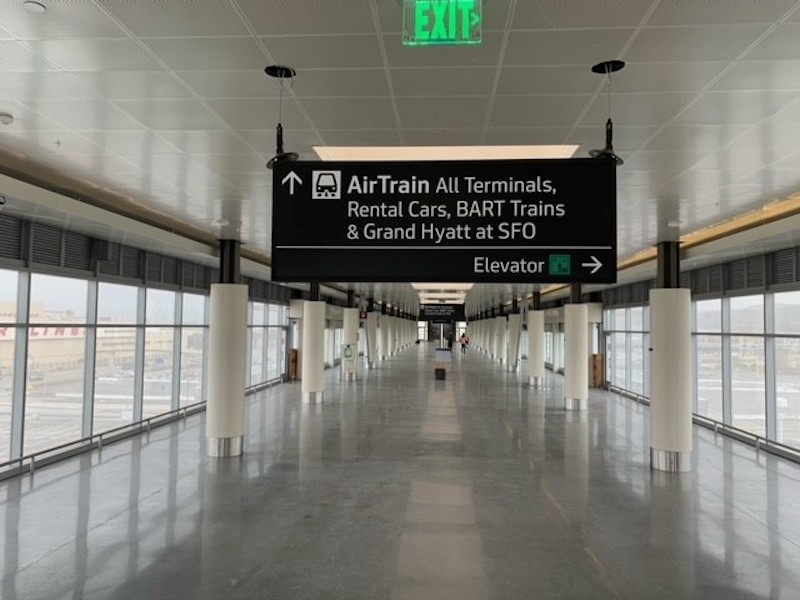
PGH Wong was its construction manager on the AirTrain extension project.
AirTrain, which has been in operation since 2003, currently consists of 41 electric vehicles that run along six miles of fully automated concrete guideways.
Related Stories
| Jan 2, 2014
Sacramento utility maintenance facility earns LEED Platinum, targets net zero
The Sacramento Municipal Utility District’s new maintenance facility, which is targeting net zero, has received LEED Platinum certification.
| Dec 17, 2013
Kahn appoints Alan Cobb President and CEO
Cobb is the tenth president in the firm’s 118-year history. As President, Cobb is responsible for ensuring that all of the firm’s client issues are effectively address and that overall project team performance meets or exceeds client expectations for each and job the firm undertakes.
| Dec 13, 2013
Safe and sound: 10 solutions for fire and life safety
From a dual fire-CO detector to an aspiration-sensing fire alarm, BD+C editors present a roundup of new fire and life safety products and technologies.
| Dec 10, 2013
16 great solutions for architects, engineers, and contractors
From a crowd-funded smart shovel to a why-didn’t-someone-do-this-sooner scheme for managing traffic in public restrooms, these ideas are noteworthy for creative problem-solving. Here are some of the most intriguing innovations the BD+C community has brought to our attention this year.
| Nov 27, 2013
Exclusive survey: Revenues increased at nearly half of AEC firms in 2013
Forty-six percent of the respondents to an exclusive BD+C survey of AEC professionals reported that revenues had increased this year compared to 2012, with another 24.2% saying cash flow had stayed the same.
| Nov 27, 2013
Wonder walls: 13 choices for the building envelope
BD+C editors present a roundup of the latest technologies and applications in exterior wall systems, from a tapered metal wall installation in Oklahoma to a textured precast concrete solution in North Carolina.
| Nov 26, 2013
Construction costs rise for 22nd straight month in November
Construction costs in North America rose for the 22nd consecutive month in November as labor costs continued to increase, amid growing industry concern over the tight availability of skilled workers.
| Nov 25, 2013
Building Teams need to help owners avoid 'operational stray'
"Operational stray" occurs when a building’s MEP systems don’t work the way they should. Even the most well-designed and constructed building can stray from perfection—and that can cost the owner a ton in unnecessary utility costs. But help is on the way.
| Nov 13, 2013
Installed capacity of geothermal heat pumps to grow by 150% by 2020, says study
The worldwide installed capacity of GHP systems will reach 127.4 gigawatts-thermal over the next seven years, growth of nearly 150%, according to a recent report from Navigant Research.
| Nov 6, 2013
Energy-efficiency measures paying off for commercial building owners, says BOMA study
The commercial real estate industry’s ongoing focus on energy efficiency has resulted in a downward trend in total operating expenses (3.9 percent drop, on average), according to BOMA's Experience Exchange Report.


